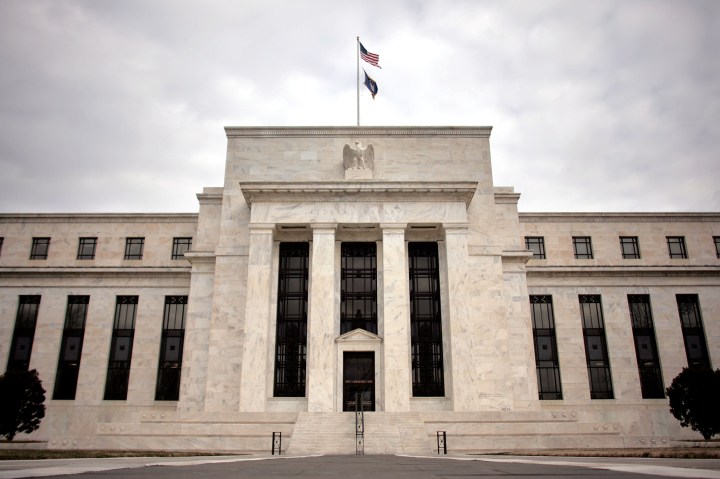
The Fed says the economy is in a “good place.” Could it be doing more?
The Fed says the economy is in a “good place.” Could it be doing more?

Richard Clarida, vice chairman of the Federal Reserve, appeared before the Council on Foreign Relations Thursday and spoke about the strengths in the American economy in the new year. He noted the Fed’s interest rate cuts throughout 2019 and the country’s continued strong labor market and low inflation.
But a new study published Thursday by the Pew Research Center found 70% of Americans believe the economy unfairly favors groups like politicians, large corporations and wealthy Americans. “Marketplace” host Kai Ryssdal spoke with Sarah Binder, professor of political science at George Washington University, about how the Fed can influence economic inequality.
“You see wage gains at the lower end of the economic spectrum. At a certain point though, there’s only so much that monetary policy can do,” Binder said. “Absent fiscal policy that might deal with job training, or job relocation, or health care, there’s only so much weight that can be put on monetary policymakers.”
Click the audio player above to hear the interview.
There’s a lot happening in the world. Through it all, Marketplace is here for you.
You rely on Marketplace to break down the world’s events and tell you how it affects you in a fact-based, approachable way. We rely on your financial support to keep making that possible.
Your donation today powers the independent journalism that you rely on. For just $5/month, you can help sustain Marketplace so we can keep reporting on the things that matter to you.












